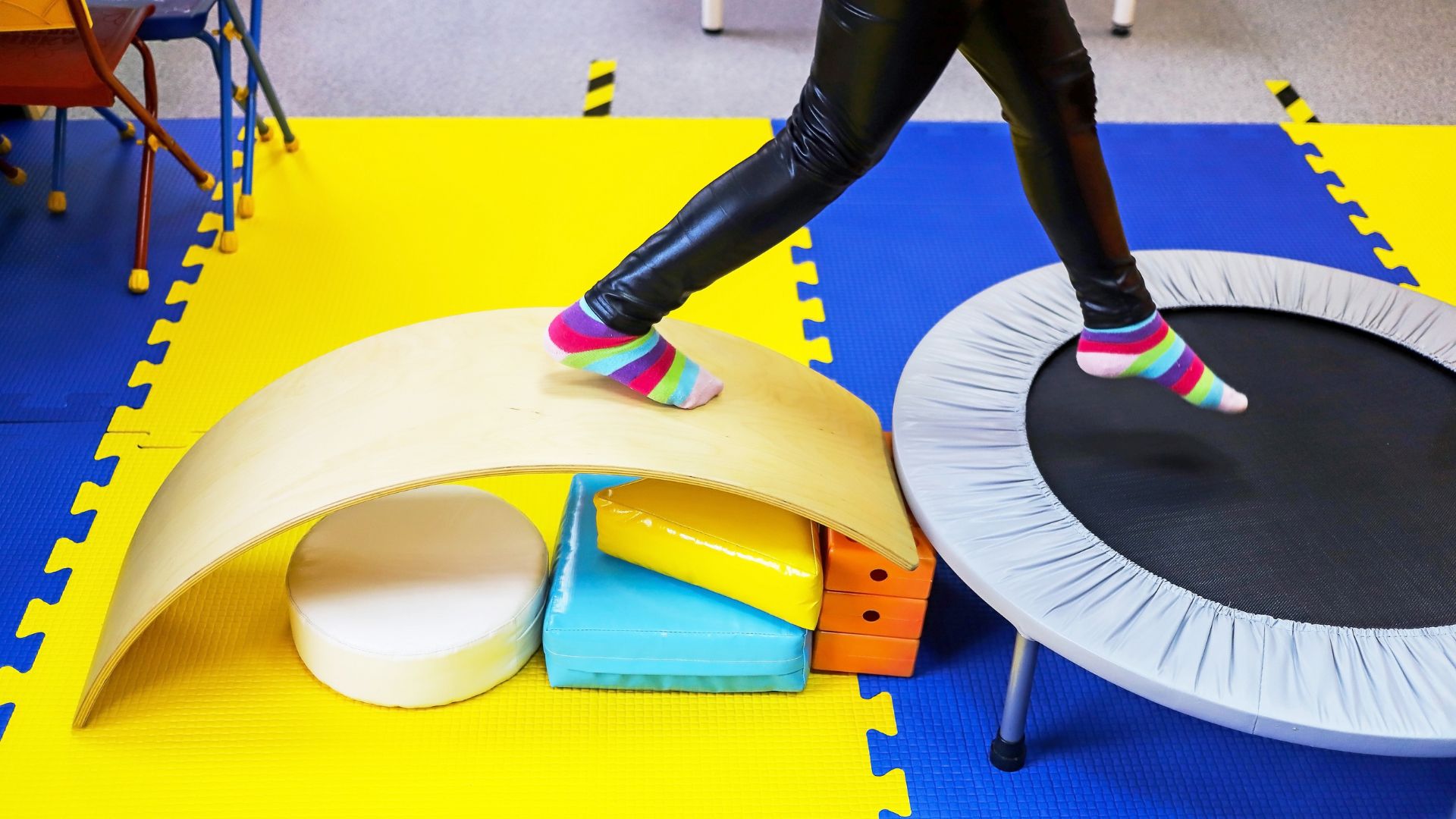As your child grows, they learn the skills needed to interact with their environments. From social interaction to emotional reactions, sensory integration helps your child understand how to communication and do their part in the world.
If you’re concerned about your child having delayed development, sensory integration therapy can help them overcome obstacles. So, what is sensory integration and its importance?
Definition of Sensory Integration
The concept of sensory integration refers to how a child interprets, experiences, and reacts to specific information through their senses. It’s a process in how a person goes about daily routines, such as eating, sleeping, socializing, and more. Sensory integration is through basic human senses, including:
- Sight
- Touch
- Sound
- Taste
- Smell
There are secondary senses, including interoception, vestibular, and proprioception, consisting of awareness of bodily movement, balance, coordination, and our internal sensory system cues, such as hunger and tiredness. Most sensory development occurs at a young age but can differ from person to person.
How Can Therapy Help?
In some cases, some children experience sensory development delays. There are various types of therapy to help them overcome sensory hurdles. Some symptoms that children learn to overcome include hypersensitivity, under reactivity to touch and movement, easy distraction and impulsivity.
When children go through sensory integration therapy, it can help with self-regulation, sensory organization efficiency, sensory modulation, function improvement in social environments, and more. Swings and climbing are a few common sensory integration activities that can help with coordination.
Why Does it Matter?
So why is sensory integration important? As newborns grow into children, their brains develop organization skills to help understand sensory inputs. Throughout a child’s growth, they’ll improve their ability to focus while performing tasks. For example, while their movements started as unsteady and unpredictable, they will slowly become more seamless and improved.
Through sensory integration, they’ll have an easier time responding appropriately to their environment and demonstrating mastery in behavior, self-regulation, and attention. As they reach school age, they’ll be able to sit in their seat and pay attention.
It’s essential to help children become functioning people as they mature, whether they excel in their social environments and interactions or not. The time of newborns to school age is crucial for development, teaching children to react and behave in various situations appropriately.








Leave a Reply